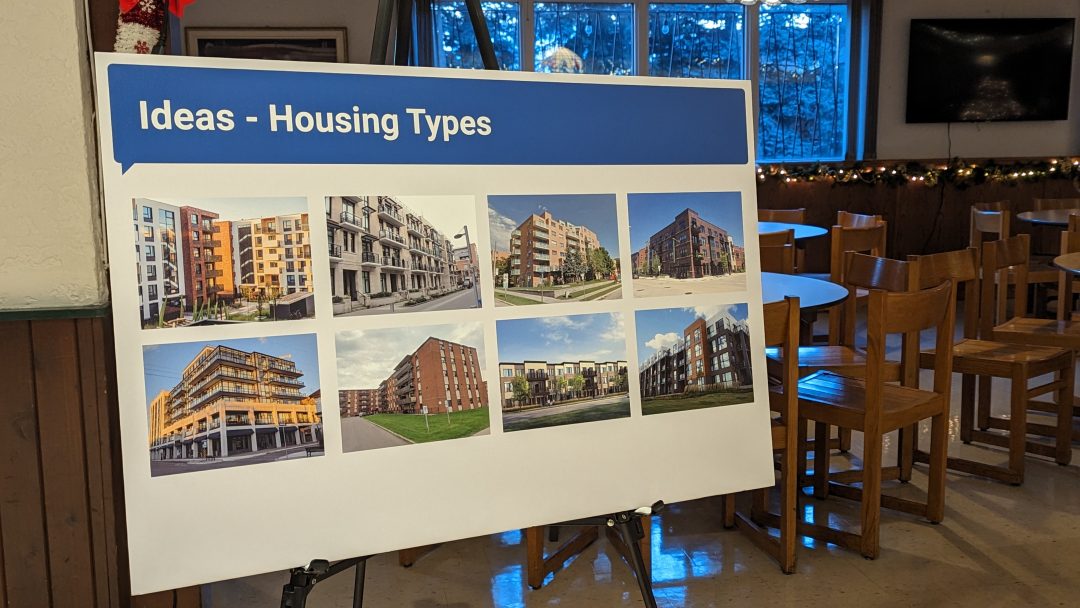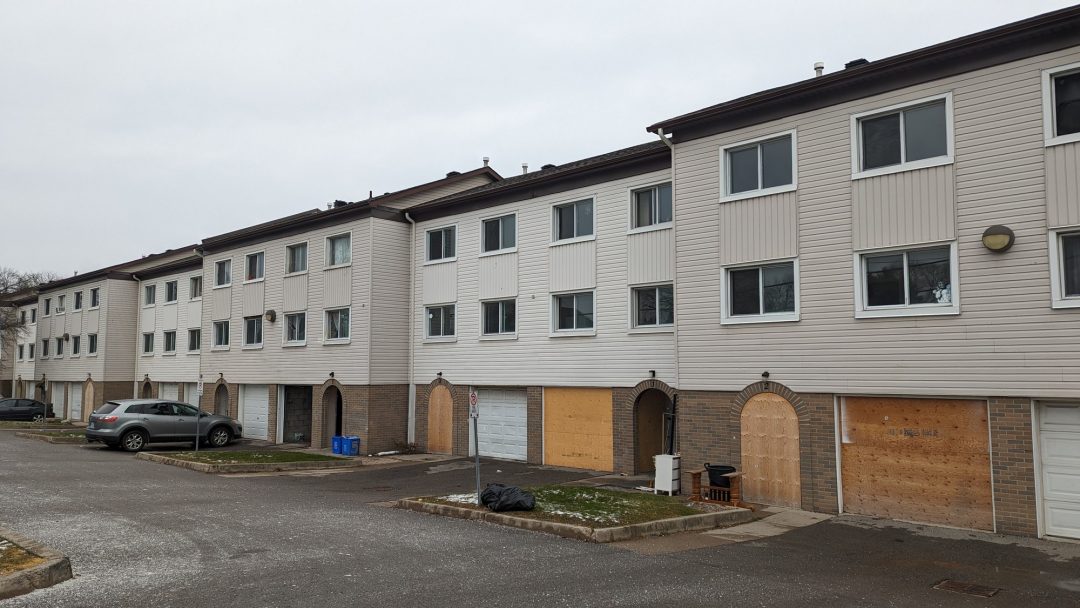Emerson Riedler, 27, graduated from the Commerce program at Ontario Tech University five years ago. He currently works at Trustly as a customer care agent where he earns about $50,000 pre-tax annually but he still can’t afford to buy a house.
Riedler is living with his dad in Courtice after renting for five months in downtown Toronto.
“You’re either lucky enough to live with your parents still, or you have to basically have at least 50 per cent, if not more, of your income going towards rent,” he said.
High house prices and interest rates have created a challenge for many young people entering the market.
Riedler tried renting in Durham Region but being a homeowner wasn’t an option for him.
“I was looking for an apartment, and my cap was $1,500 (a month), and that was just for a single-bedroom apartment,” he said. “Only basements were going for that much.”
Last he checked, single bedrooms in the Taunton and Ritson area were out of his price range at $1,700-$1,800 a month. “If you’re going into renting a house, then you’re paying double that easily,” he said.
According to the Toronto Regional Real Estate Board (TREBB) the average house price in the Greater Toronto Area (GTA) was around $1.1 million in November, a 2.2 per cent decrease from October.
Housing prices in Durham Region peaked in February of last year at an average of $1.2 million per home, according to David Paterson.
He has been a realtor in the area for ten years and said that particular month saw the highest housing prices ever recorded in Canada.
He said the record-high prices were primarily due to interest rates on loans being lowered to stimulate the economy after the pandemic.
Since buyers had access to cheaper money, sellers could demand higher prices.
“It’s very dynamic and sensitive,” Paterson said, “When we see rates hold, sometimes we actually get appreciation again, even though the rates haven’t increased.”
On Dec. 6, the Bank of Canada announced it will hold interest rates at five per cent.
Garry Muller, director of Affordable Housing Development and Renewal for the Region of Durham, said the other main factor in high prices is housing supply.
“We, as a housing market, have not kept up with demand,” he said.
According to the Durham Region website, Durham’s population was 699,460 as of December 2019. The region forecasts there will be one million residents by 2041.
“Part of what the region is doing to address the growing demand is to try to support the conditions for housing supply,” Muller said.
The region has budgeted $5.5-million for the Affordable Housing Incentive Program it announced last year to provide funding for affordable housing projects.
It has launched two projects to address the region’s high housing demand. One will be on Christine Crescent, and the other on Malaga Road.

“We see these two sites as our early priorities,” Muller said. “That’s where the heat is being focused, and we want to build on their success going forward.”
He said they will be geared to income units, which means rental rates are tied to the renter’s income.
The region is in its early planning stage. The final design is expected to be made public no later than May of next year.
Muller said the buildings on those lots are “past their best-before date.” The region will use that property to create higher-density housing.
Riedler said he wants all levels of government to make it easier to build housing and and limit immigration to the region to reduce demand.
Meanwhile, he is saving money while living with his family. He hopes that puts him in a position to start house hunting this winter.




